‘River in the sky’: what caused the devastating Pacific north-west flooding?
Vancouver cut off from rest of Canada as heavy rainfall triggers deadly landslides
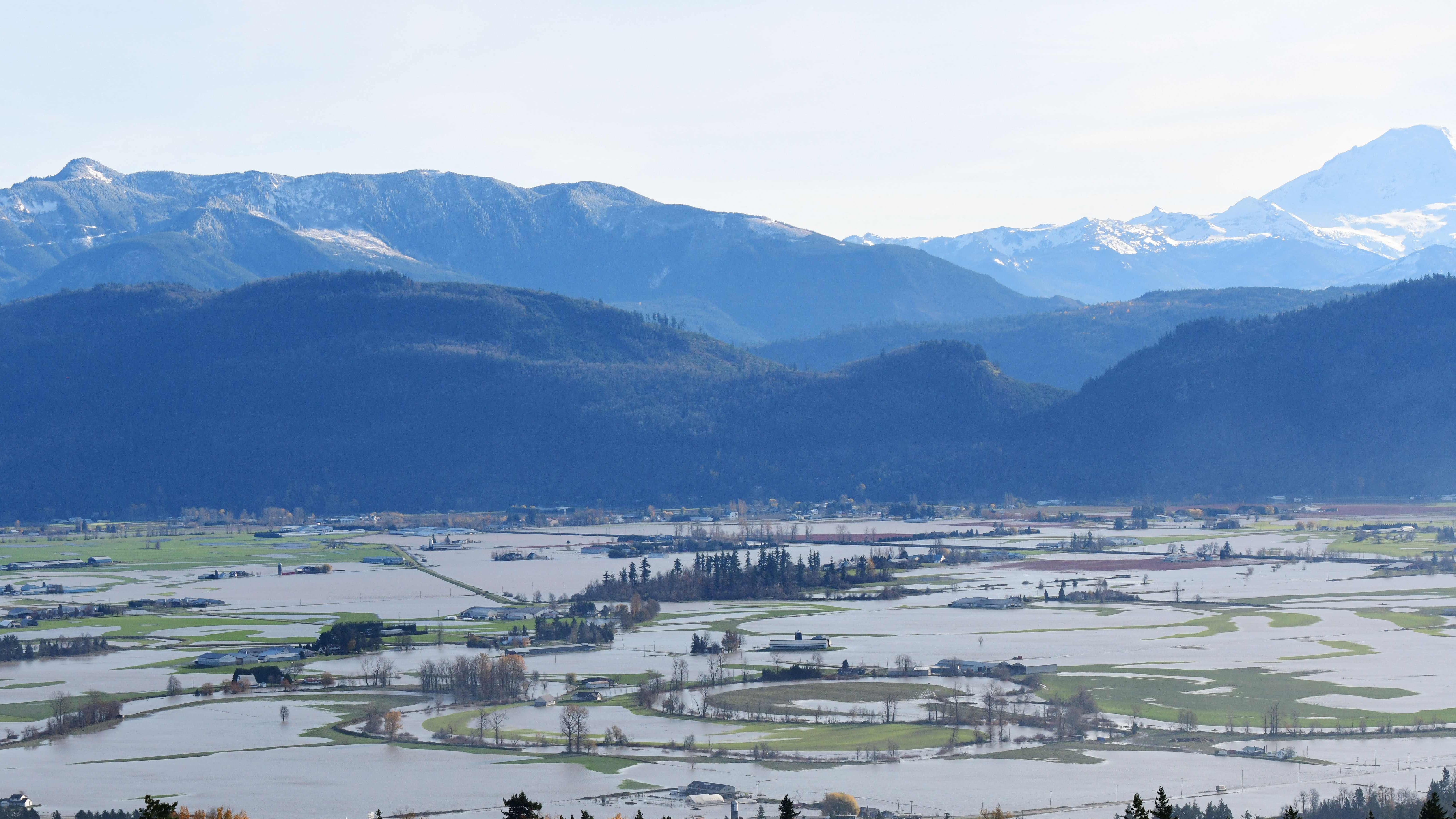
A free daily email with the biggest news stories of the day – and the best features from TheWeek.com
You are now subscribed
Your newsletter sign-up was successful
Thousands of people have been evacuated from British Columbia after massive storms brought a month’s worth of rain to Canada’s westernmost province in 24 hours.
One person is dead and several missing after the storms that hit Canada and western Washington state “wrecked roads, forced an oil pipeline to close, shut the country’s two biggest railways and limited land access to Vancouver”, Sky News said.
With all major highways around Vancouver closed, the city “is cut off from the rest of Canada by road”, The Guardian reported.
The Week
Escape your echo chamber. Get the facts behind the news, plus analysis from multiple perspectives.

Sign up for The Week's Free Newsletters
From our morning news briefing to a weekly Good News Newsletter, get the best of The Week delivered directly to your inbox.
From our morning news briefing to a weekly Good News Newsletter, get the best of The Week delivered directly to your inbox.
Rescue helicopters last night “lifted hundreds of people to safety after they were trapped by landslides along a highway” in southern British Columbia, The Times reported. Merritt, a town of 7,000 people where evacuees were taken during the summer due to “wildfires and extreme heat”, has also “been evacuated after its roads turned into rivers”.
‘Parade of storms’
The unusually heavy rainfall is a result of “an atmospheric river, a narrow corridor of concentrated moisture in the atmosphere”, The Guardian said.
Dr Jeff Masters, a hurricane expert, told the paper that the phenomena is comparable to “a river in the sky that acts like a pipe transporting huge amounts of water vapour out of the tropics”.
A free daily email with the biggest news stories of the day – and the best features from TheWeek.com
The flooding has also been made worse by “clearcut logging and its effect on slope stability”, the paper added. The removal of large swathes of trees impacts “the rate at which water is absorbed into the ground and the ability to hold soil in root systems”.
Speaking to Canadian broadcaster Global News, Armel Castellan, a meteorologist at Environment and Climate Change Canada, said the country’s western provinces are experiencing a “parade of storms”.
“We have now seen our fifth atmospheric river of the season. Oftentimes, we won’t get a first one until November,” he said, warning that the weather system is yet to move away meaning “they’re going to be dealing with a headache again for the next couple of days”.
Summer wildfires that forced residents of British Columbia to leave their homes have also “heightened” the “risk of landslides and debris flow”, The Guardian said.
“There’s a very clear link between a wildfire happening and the risk of a landslide or debris flow,” Thomas Martin, a forester in the province, told the paper.
“If you burn a lot of the trees, grass and shrubs, there are fewer living things to intercept the water. It just flows directly off the hill. And fires can make the soil hydrophobic so the runoff increases even more.”
Search and rescue
A state of emergency has been declared in British Columbia and the military drafted in to aid teams already working to locate people trapped by the storms.
Prime Minister Justin Trudeau, who is on a visit to Washington DC, told reporters that “the federal government has been engaging with the local authorities”.
“We’re sending resources like the Canadian Armed Forces to support people but also we’ll be there for the cleanup and the rebuilding after impacts of these extreme weather events,” he added.
Authorities said the body of a woman had been recovered from one of the mudslides caused by the rain. The death of the unnamed woman “underscores grim stakes of the climate-change battle that lies ahead for British Columbia”, the Toronto Star said.
Highways have begun reopening after a break in the rainfall, with one couple who were unable to return home after a hunting trip telling the Vancouver Sun that “the roads collapsed around us on the way home”.
“We slept in our car one night and our family’s friend took us in,” they added.
David MacKenzie, the search and rescue head for Pemberton, a village in the province, said that his team are struggling with “a significant amount of debris” left behind by landslides, France 24 reported.
“It makes it very difficult for our search crews,” he added. “The mud is up to their waist. I can’t recall our team being involved in anything like this in the past.”
The sudden “heavy rainfall and violent storms are also taking a toll on the US west coast”, The Times reported. “Flooding and mudslides in Washington state have prompted evacuations and school closures,” it said.
According to The Washington Post, residents of US border towns are “assessing damage” to around “three quarters of homes” as areas try “to dry out from the intense, days-long rain storm”.
Officials in Sumas, in the north of Washington state, said in a Facebook post that the situation is “stable at this point” and that “the water level has continued to drop”. They added that “all the data and experts tell us that we should have at least 24 hours of notice before we would see a significant impact to our city”.
Mayor Kevin Christensen told The Seattle Times that authorities are beginning to go “door-to-door, as waters go down in different parts of town”, adding: “Half is on dry ground, half has water.”
“A flood warning for Washington’s Skagit River will remain in effect until Thursday,” The Washington Post said.
The National Weather Service has warned that “it will take time for the floodwaters to drain”, the paper added, with officials advising “that residents of several nearby islands evacuate” in case of further rainfall.
-
 The environmental cost of GLP-1s
The environmental cost of GLP-1sThe explainer Producing the drugs is a dirty process
-
 Greenland’s capital becomes ground zero for the country’s diplomatic straits
Greenland’s capital becomes ground zero for the country’s diplomatic straitsIN THE SPOTLIGHT A flurry of new consular activity in Nuuk shows how important Greenland has become to Europeans’ anxiety about American imperialism
-
 ‘This is something that happens all too often’
‘This is something that happens all too often’Instant Opinion Opinion, comment and editorials of the day
-
 Death toll from Southeast Asia storms tops 1,000
Death toll from Southeast Asia storms tops 1,000speed read Catastrophic floods and landslides have struck Sri Lanka, Indonesia, Thailand and Malaysia
-
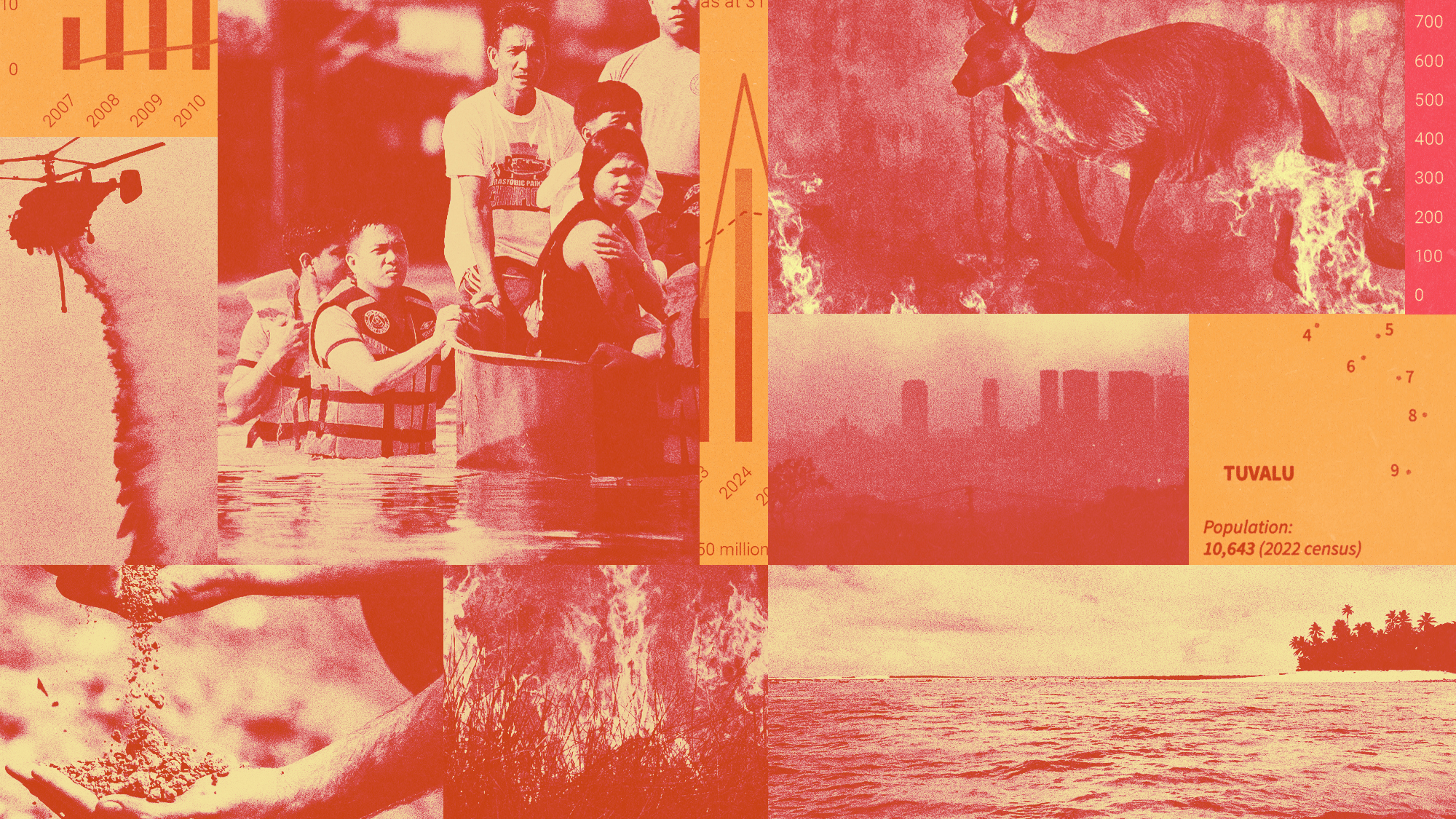 Can the world adapt to climate change?
Can the world adapt to climate change?Today's Big Question As the world gets hotter, COP30 leaders consider resilience efforts
-
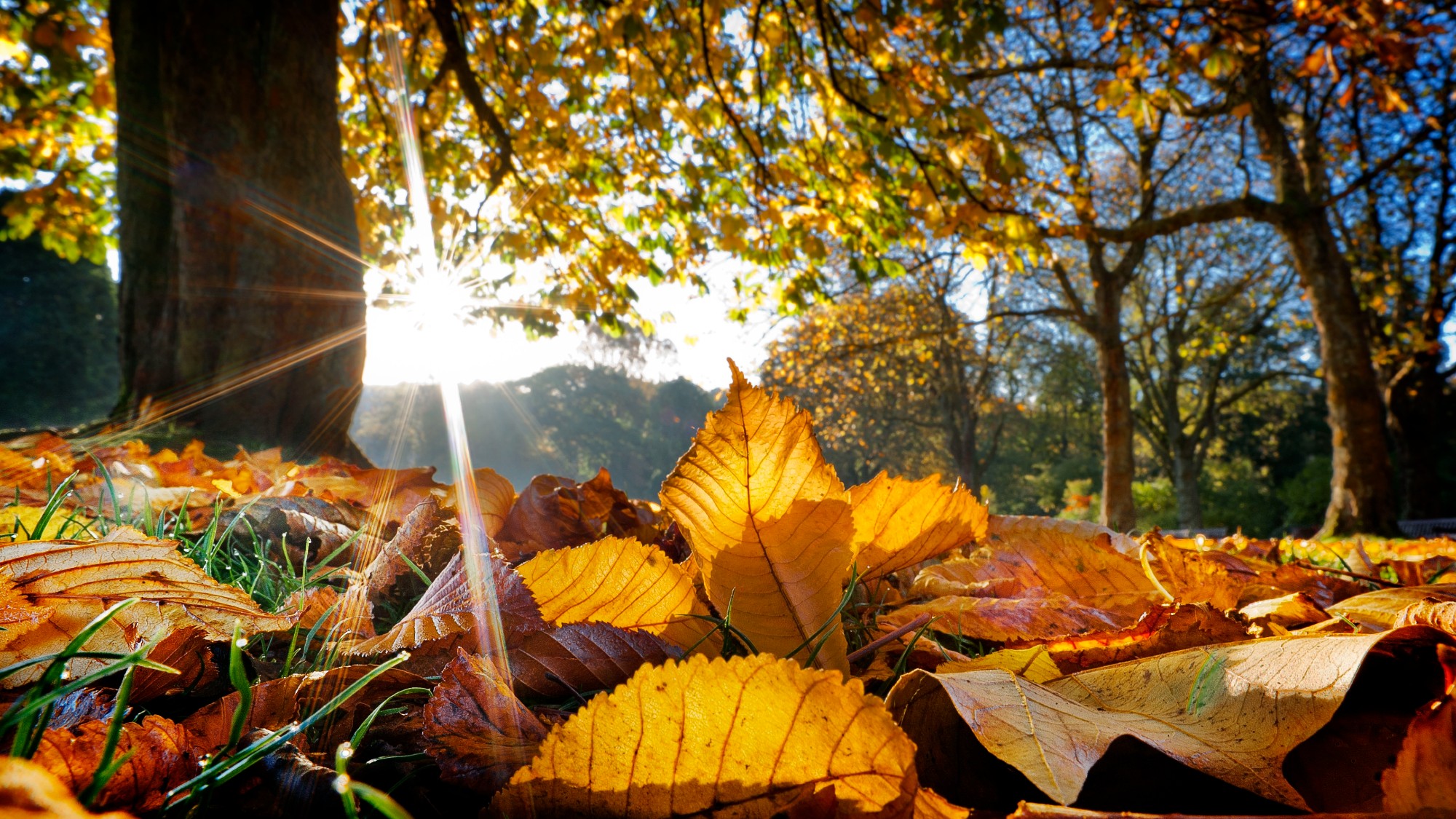 When does autumn begin?
When does autumn begin?The Explainer The UK is experiencing a 'false autumn', as climate change shifts seasonal weather patterns
-
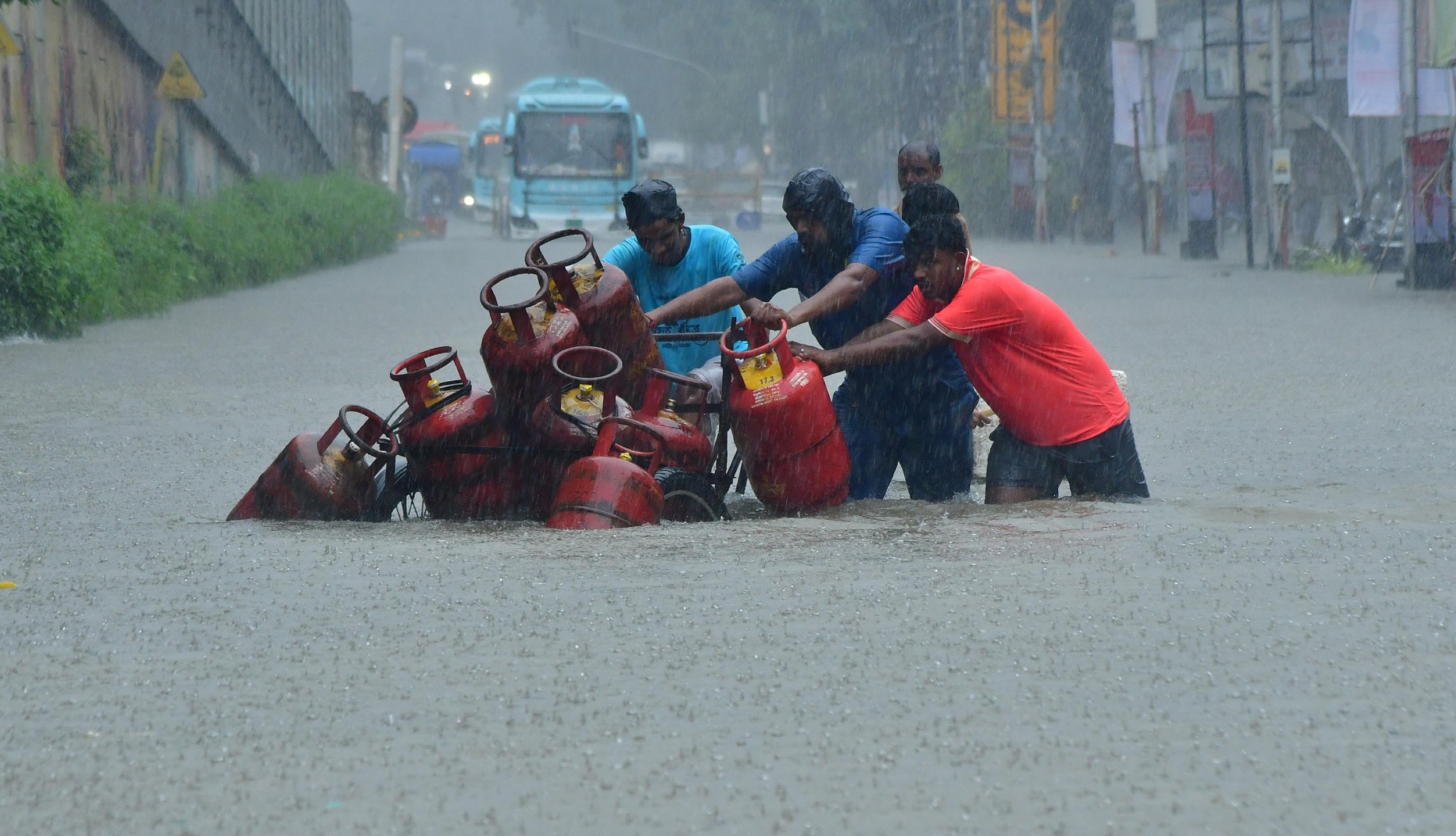 Cloudbursts: what are the 'rain bombs' hitting India and Pakistan?
Cloudbursts: what are the 'rain bombs' hitting India and Pakistan?The Explainer The sudden and intense weather event is almost impossible to forecast and often leads to deadly flash-flooding and landslides
-
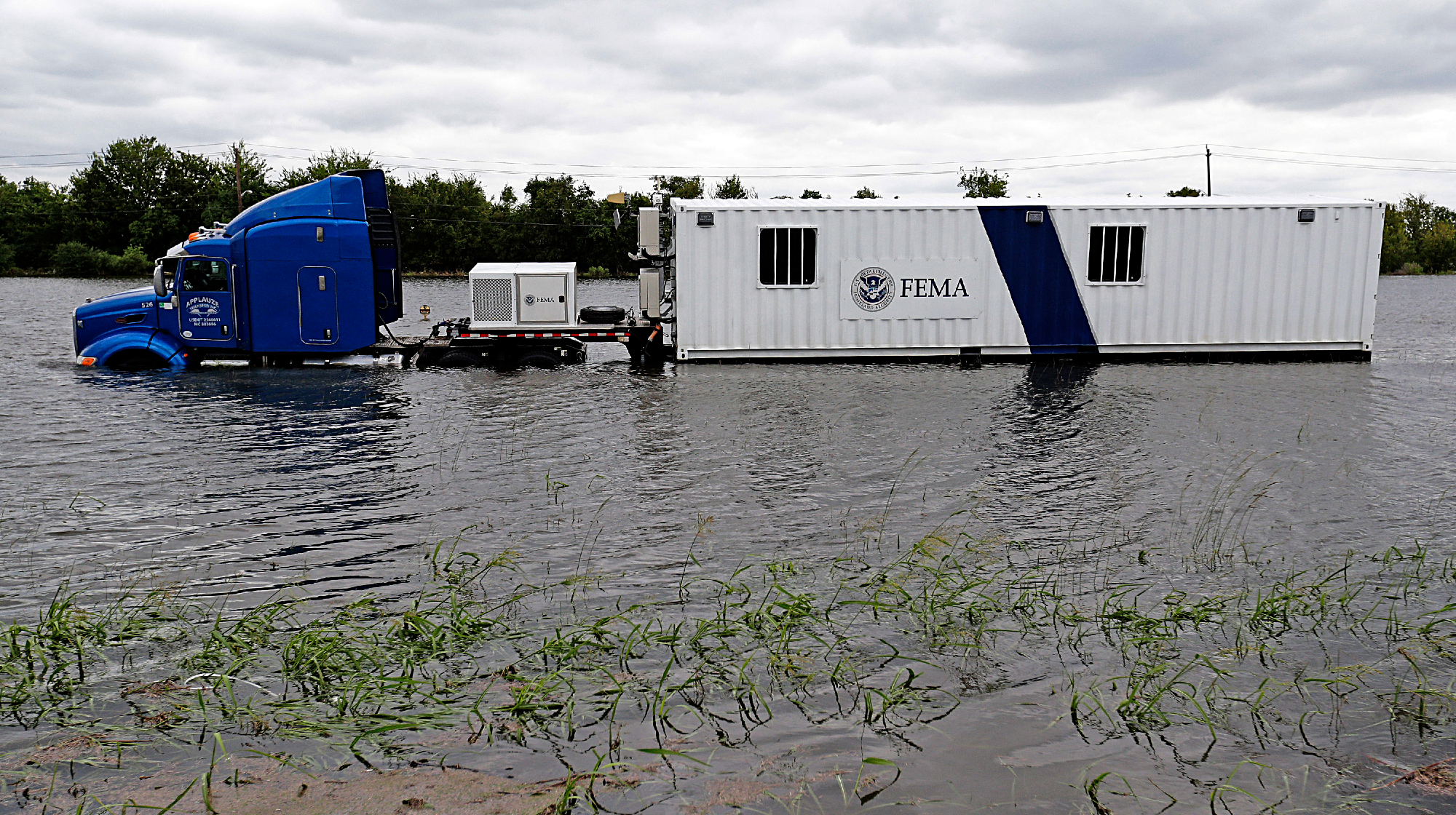 FEMA Urban Search and Rescue chief resigns
FEMA Urban Search and Rescue chief resignsSpeed Read Ken Pagurek has left the organization, citing 'chaos'
-
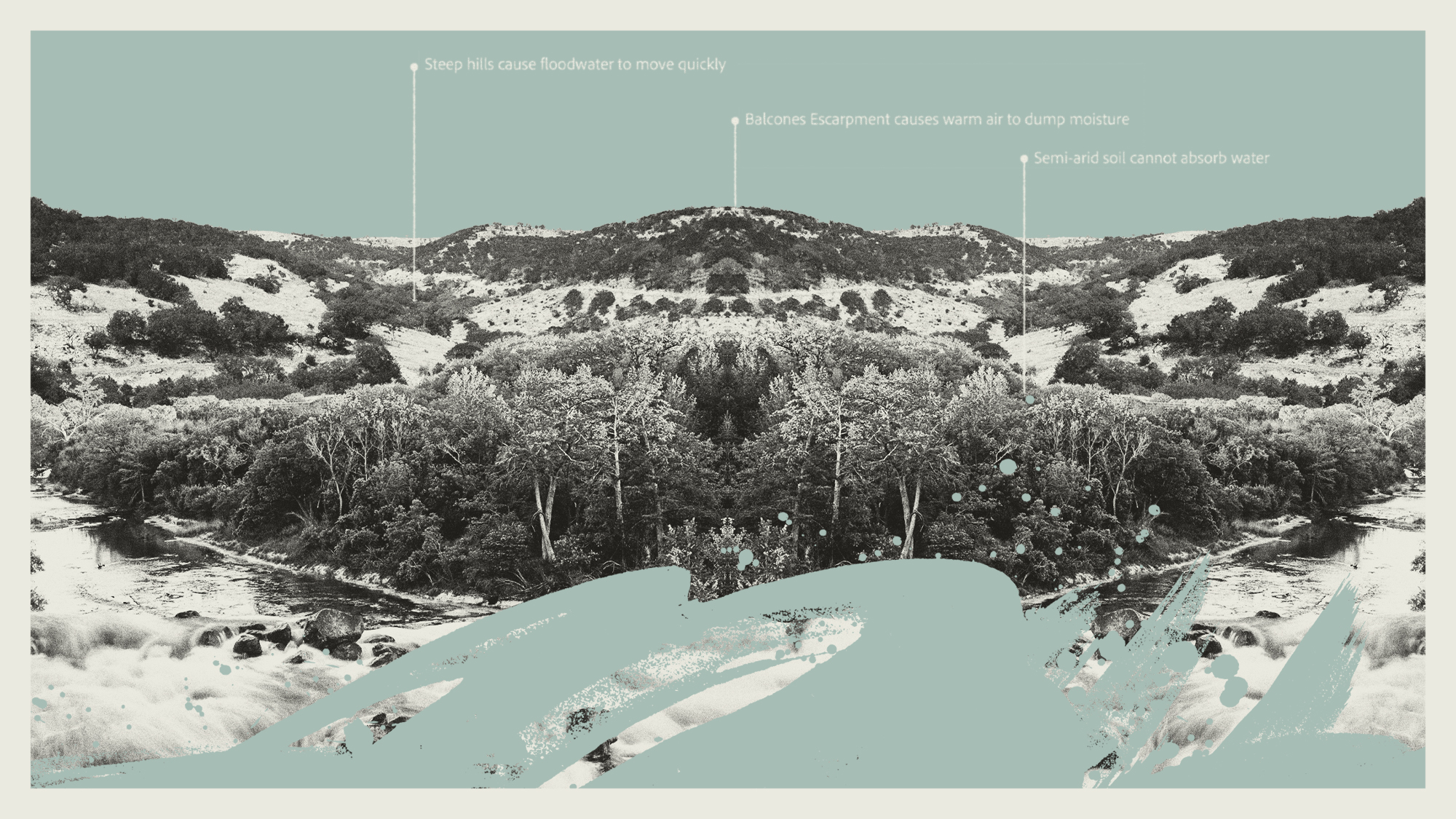 Why are flash floods in Texas so deadly?
Why are flash floods in Texas so deadly?Today's Big Question Over 100 people, including 27 girls at a summer camp, died in recent flooding
-
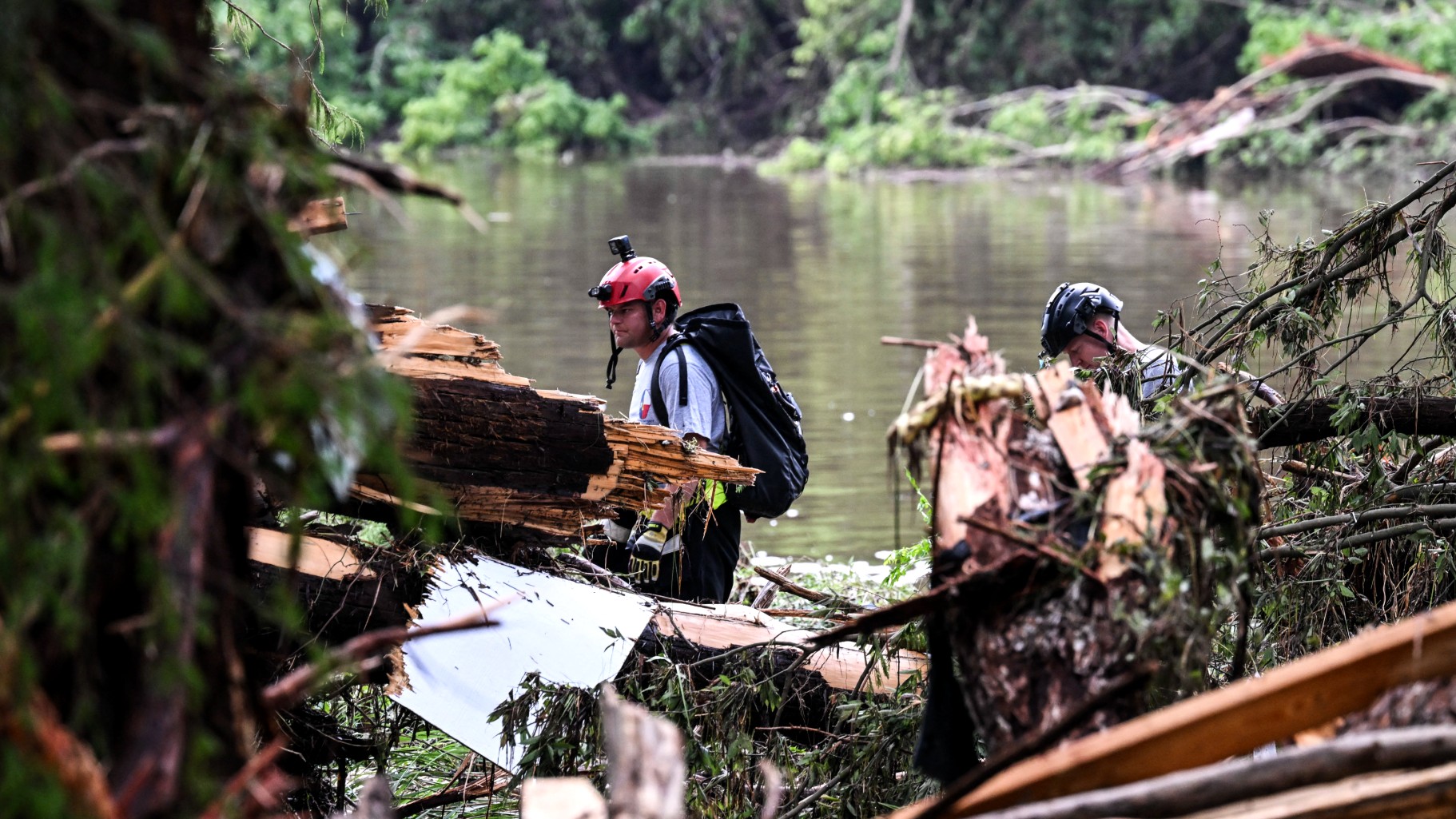 Search for survivors continues after Texas floods
Search for survivors continues after Texas floodsSpeed Read A total of 82 people are confirmed dead, including 28 children
-
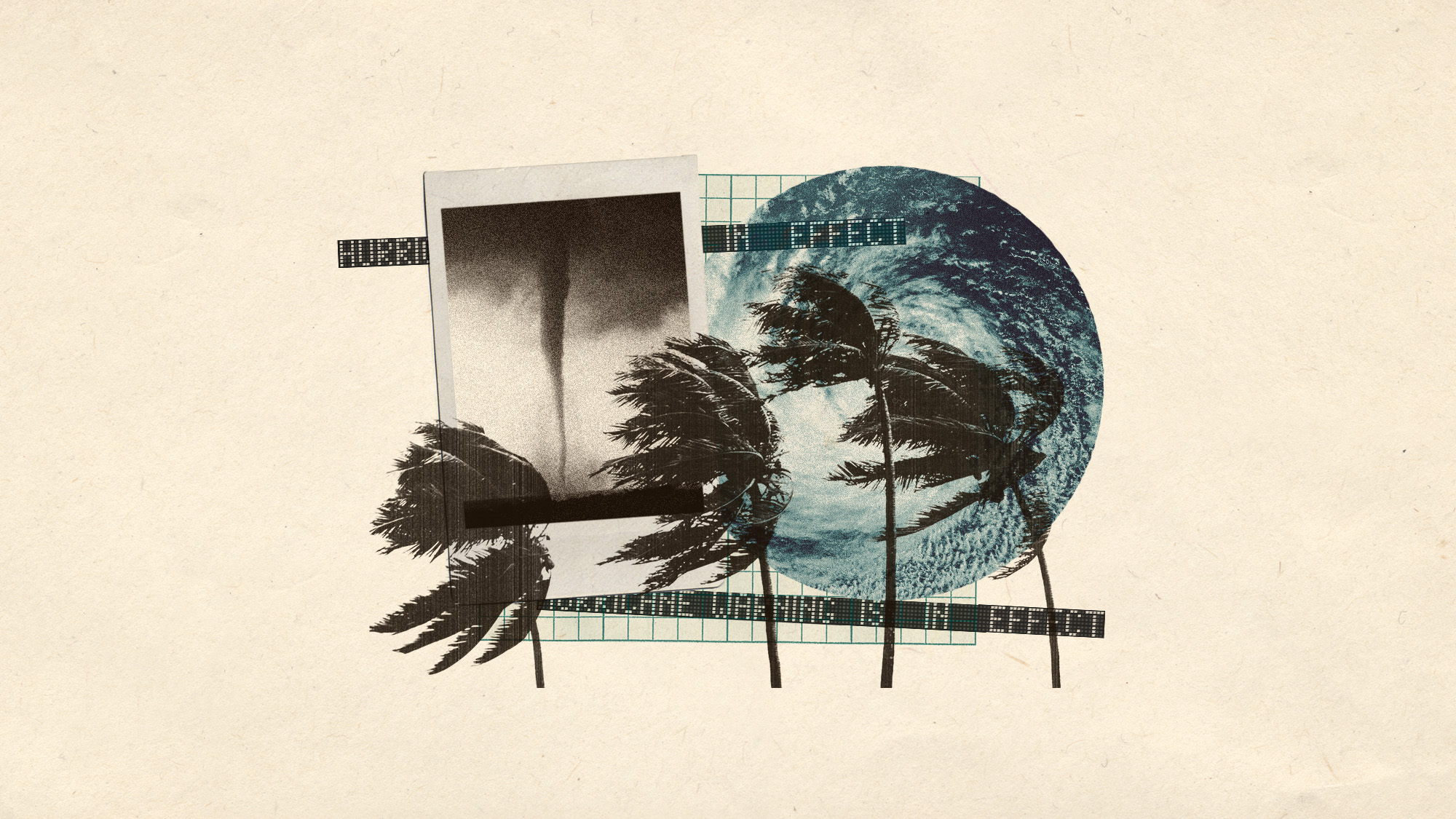 This Atlantic hurricane season is expected to be above average
This Atlantic hurricane season is expected to be above averageUnder the radar Prepare for strong storms in the coming months